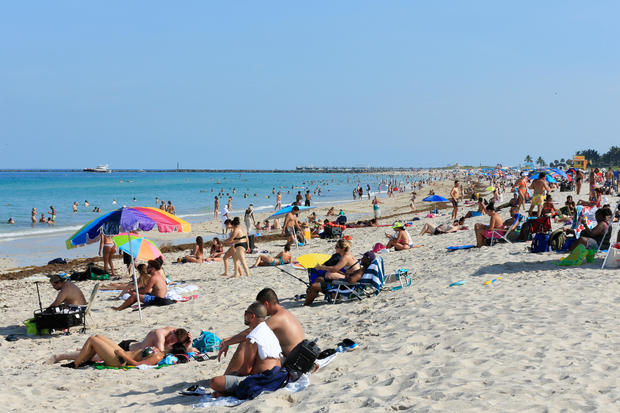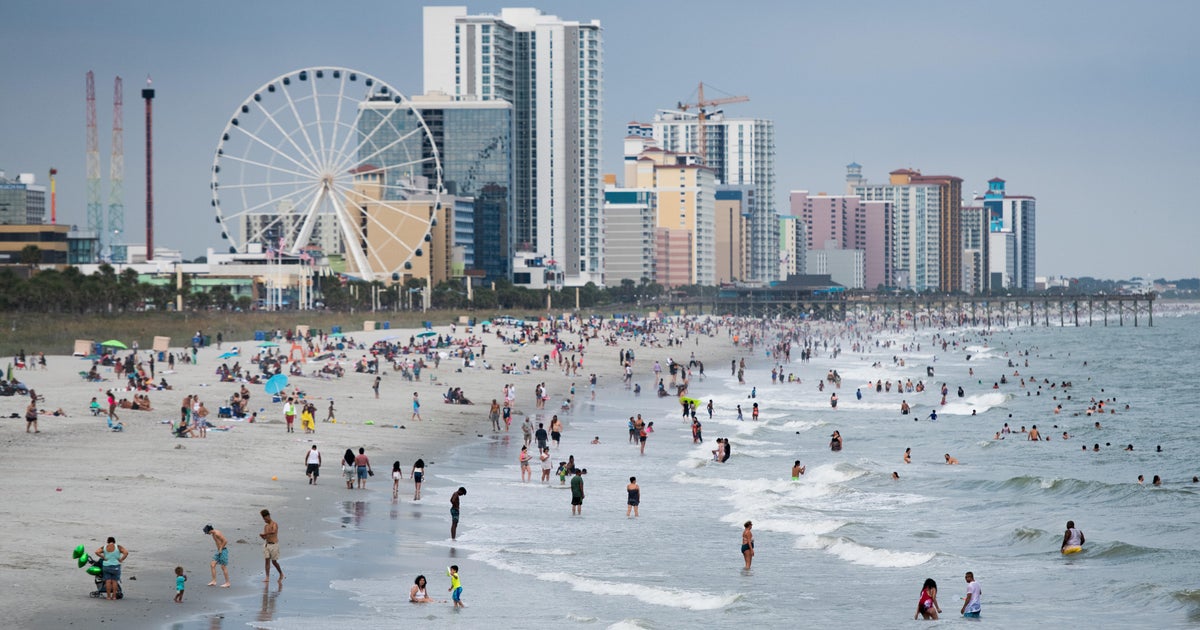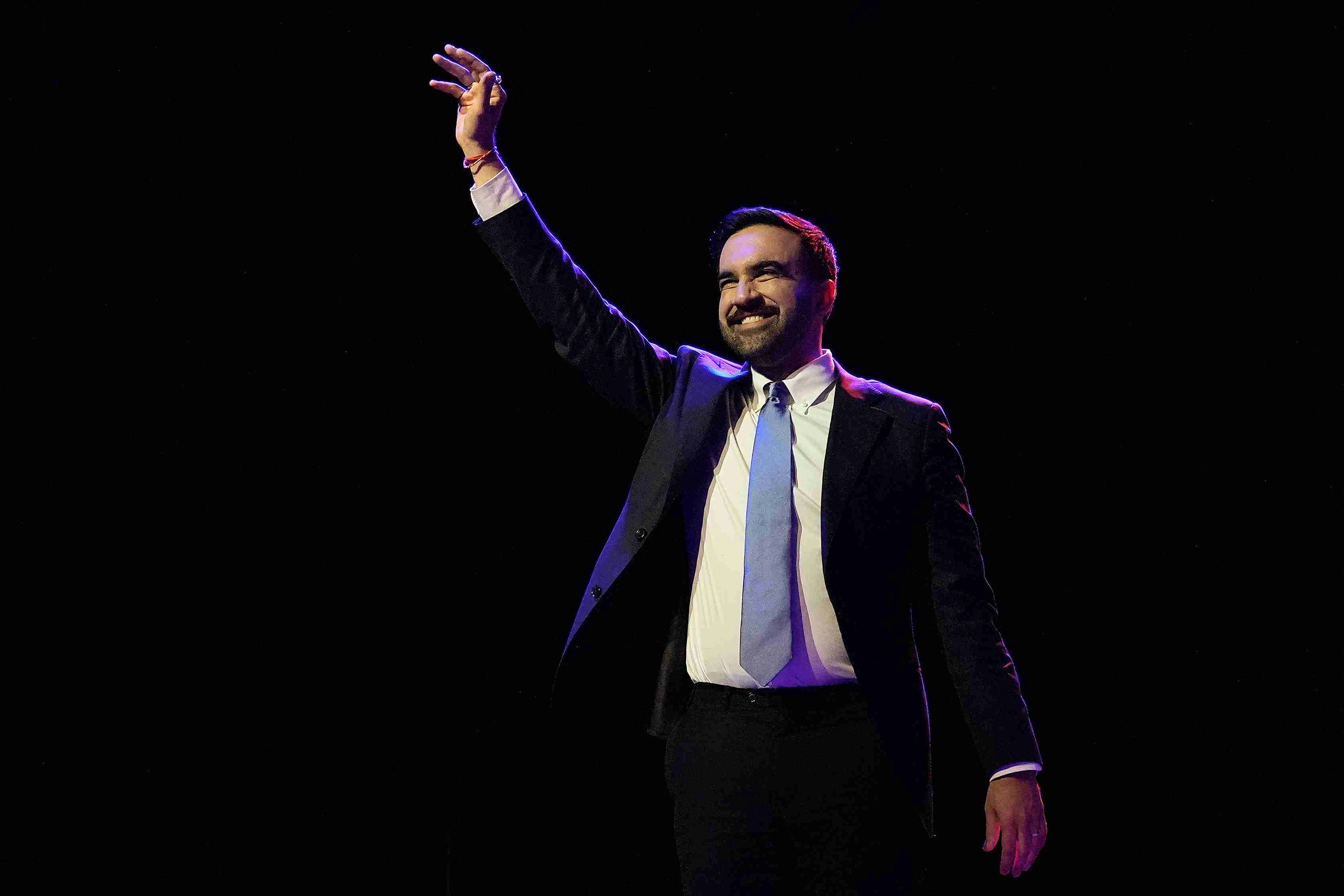Miami will close beaches for Fourth of July weekend
As Florida sees a surging number of new coronavirus cases, Miami-Dade County announced that it plans to close all beaches ahead of the Fourth of July weekend. The state on Friday reported an all-time high of nearly 9,000 new confirmed COVID-19 cases, topping the state's previous record of 5,500 cases.
"After consulting with our County's public health experts, I will be signing an emergency order on Saturday to close all beaches in Miami-Dade County starting Friday, July 3, and ending Tuesday, July 7," Miami-Dade County Mayor Carlos Gimenez said in a statement late Friday night.
Gimenez emphasized the importance of closing beaches as more young people test positive and the number of hospitalizations rises.
"I have decided that the only prudent thing to do to tamp down this recent uptick is to crack down on recreational activities that put our overall community at higher risk," Gimenez said.
The county may extend the closure if conditions do not improve, people refuse to wear masks or social distancing measures are not followed.
"I have been seeing too many businesses and people ignoring these lifesaving rules," Gimenez said. "If people are not going to be responsible and protect themselves and others from this pandemic, then the government is forced to step in and restore common sense to save lives."
The order will also ban gatherings, including parades, of more than 50 people and close all parks to limit people gathering to view fireworks displays. Gimenez said all fireworks shows should be watched from home or from a parked vehicle.
The Miami-Dade County Police Department will continue to be out in force this weekend to close establishments that are flaunting the social distancing and masks rules and capacity limits.
Gimenez said the police department will be patrolling local establishments to ensure that the "New Normal" rules are followed. He said police will close establishments that do not adhere to social distancing, mask rules and capacity limits.
Violators of these policies are subject to a second-degree criminal penalty of up to $500 and 180 days in jail.
"After all the success we have had tamping down the COVID-19 curve, we cannot turn back and overload our hospitals, putting our doctors and nurses at greater risk with more emergency room cases," Gimenez said. "Everyone must do their part and follow the rules. All cities should be enforcing the County's orders."
The move comes after Florida Governor Ron DeSantis had pushed forward with Florida's reopening plan despite a jump in positive cases in recent weeks. On Friday, however, the state announced a ban on alcohol consumption at its bars, "effective immediately."
The U.S. saw a record-breaking 45,300 new confirmed coronavirus cases in one day on Friday, according to Johns Hopkins University. That's up from 40,000 new cases reported a day earlier.




